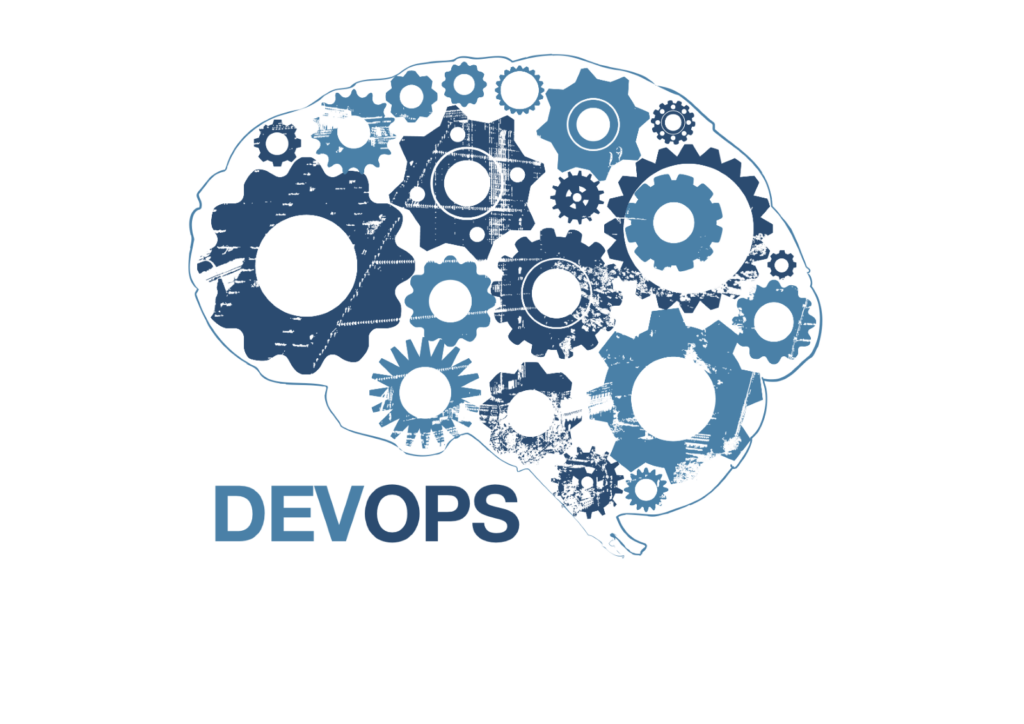Continuous Innovation: The DevOps Revolution in Software Delivery
DevOps is a software development approach that highlights collaboration, automation, and continuous delivery. According to Gartner It has become increasingly important for significant industries because it enhances efficiency, productivity, and customer satisfaction. In this blog, we will explore the implication of DevOps across various sectors and discuss its use cases, benefits, drawbacks, security considerations, and prospects.
Use Cases of DevOps in Major Industries
- IT Services and Software Development: It enables faster software development and deployment, streamlined operations, and improved collaboration between development and operations teams.
- Financial Services: It helps financial institutions streamline their software delivery processes, reduce downtime, improve security, and comply with regulatory requirements.
- Healthcare: This facilitates the rapid and secure development of healthcare applications, ensures regulatory compliance, and enhances patient care through continuous delivery and monitoring.
- Retail and E-commerce: It enables rapid development and deployment of e-commerce platforms, improves scalability during peak shopping seasons, and enhances the customer experience by ensuring stable and reliable systems.
- Manufacturing: It assists manufacturers in automating their production processes, optimizing supply chain management, and reducing time-to-market for new products.

Pros of Adopting DevOps
- Increased Collaboration: It breaks down silos and fosters better collaboration between development, operations, and other cross-functional teams.
- Continuous Delivery: It automates the software delivery pipeline, enabling frequent and reliable releases, resulting in faster time-to-market and improved customer satisfaction.
- Improved Stability and Reliability: Continuous integration, automated testing, and monitoring practices in DevOps help identify and fix issues early, ensuring the stability and reliability of software systems.
- Scalability and Efficiency: This enables organizations to scale their infrastructure and applications seamlessly, optimizing resource utilization and reducing costs.
- Enhanced Flexibility: It promotes agility and adaptability, allowing organizations to respond quickly to changing market demands and customer needs.
Cons and Challenges of DevOps
- Initial Learning Curve: Adopting these practices may require organizations to invest in training their teams and implementing new tools, which can pose a temporary challenge.
- Cultural Shift: Establishing a culture of collaboration, trust, and transparency across teams can be a significant cultural shift for organizations accustomed to traditional development and operations approaches.
- Security Risks: It emphasizes speed and agility, but organizations must not overlook security considerations. Proper security measures, such as vulnerability management and secure coding practices, must be integrated into the DevOps workflow.
Security Considerations in DevOps
- Secure Development Practices: Implementing secure coding practices and performing regular security testing throughout the development lifecycle helps identify and mitigate vulnerabilities early on.
- Access Control and Privilege Management: Proper access controls, fortunate account management, and identity and access management (IAM) policies are crucial to maintaining DevOps environments’ security.
- Continuous Security Monitoring: Implementing automated security scanning, threat intelligence, and log monitoring tools ensures constant visibility into potential security risks and breaches.
The Future of DevOps:
- DevSecOps: Integrating security, known as DevSecOps, will continue to gain importance as organizations prioritize safety throughout the software development lifecycle.
- AIOps and ML for Automation: Artificial Intelligence for IT Operations (AIOps) and machine learning will significantly automate repetitive tasks, enhance decision-making, and improve overall efficiency in DevOps.
- Cloud-native DevOps: With the increasing adoption of cloud computing, these practices will further evolve to leverage cloud-native technologies and architectures for enhanced scalability, resilience, and cost-effectiveness.
In my opinion, DevOps is not just a passing drift but a fundamental shift in how organizations approach software development and operations. Its importance for major industries cannot be overstated. The ability to collaborate seamlessly, deliver software continuously, and ensure stability and scalability has become necessary in today’s rapidly evolving market.
While there may be initial hurdles and security challenges, the long-term benefits outweigh the drawbacks. As someone deeply involved in the industry, I firmly believe that embracing DevOps is essential for staying competitive and delivering high-quality products and services. It’s an exciting future where thus will continue to evolve, integrating security practices and leveraging cutting-edge technologies like AI and ML to drive even greater automation and efficiency. The journey toward DevOps may require effort and adaptation, but the rewards are undoubtedly worth it. For more knowledge read our blogs on our website Auxin.io.






